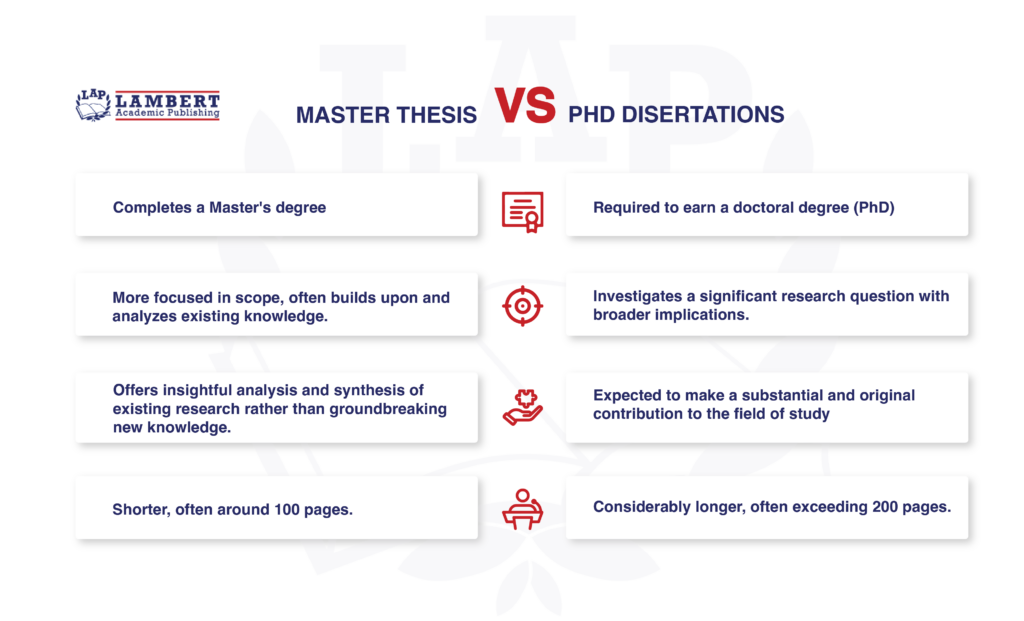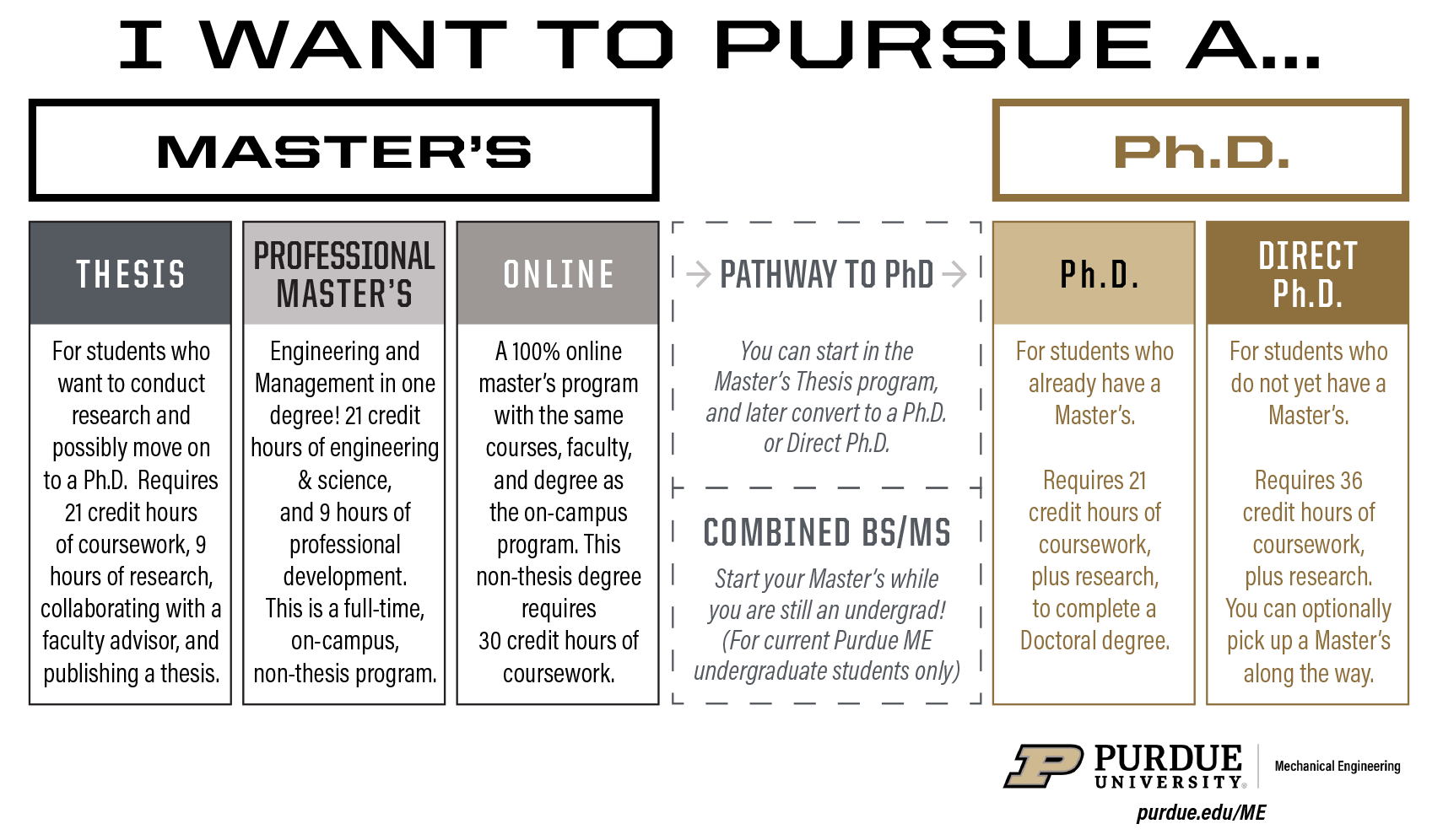Are you curious about what happens to your master’s thesis after all that hard work? You might wonder, “How often do master’s theses actually get published?” Whether you’re planning your research or finishing up your project, knowing the chances of your thesis becoming a published work can shape your next steps.
This article will give you clear answers and practical tips to help you understand the path from thesis to publication — and what you can do to increase your chances. Keep reading to find out what really happens behind the scenes.

Credit: blog.wordvice.com
Publication Rates Of Masters Theses
Many students wonder how often masters theses get published. Publication rates vary widely across fields and institutions. Some theses become journal articles or book chapters. Others remain unpublished, stored only in university libraries or online repositories.
Understanding the publication rates helps students set realistic goals. It also shows the value of their research beyond graduation. Below, we explore typical frequency and key factors that influence publication success.
Typical Frequency Of Publication
About 20% to 40% of masters theses see publication in some form. The exact rate depends on the subject and research quality. Sciences tend to have higher publication rates than humanities. Many theses require significant revision before they fit journal standards. Some universities encourage publication more than others. Overall, publishing a masters thesis is less common than publishing a PhD dissertation.
Factors Influencing Publication Success
Research originality plays a big role in publication chances. Clear, well-structured writing also helps. Support from advisors and mentors increases chances. Access to good journals or conferences matters. Time available after graduation can affect whether students submit work. Some topics are too narrow or local to interest journals. Understanding these factors guides students toward successful publication efforts.
Common Publication Venues
After finishing a master’s thesis, many students want to share their work. Publishing helps others learn from their research. There are several places where theses often get published. These places make research easy to find and read. Understanding common publication venues helps students choose the best option for their work.
Academic Journals
Academic journals are popular for publishing thesis research. They focus on specific subjects or fields. Journals review the work before publishing to ensure quality. Publishing here adds credibility to the research. It also reaches experts and professionals who read these journals.
Conference Proceedings
Conferences offer chances to present thesis findings quickly. Some conferences publish proceedings, a collection of papers from the event. These proceedings are often peer-reviewed. They provide faster publication than journals. Conferences also allow authors to get feedback from others.
Institutional Repositories
Many universities have digital repositories for theses and dissertations. These repositories store work online for free access. They help preserve the thesis and make it visible worldwide. Institutional repositories do not usually require peer review. Students keep control over their work while sharing it widely.
Disciplinary Differences In Publication
Publication rates for master’s theses vary widely by discipline. Different fields have unique standards and goals for sharing research. This affects how often theses become published articles or books.
Some areas focus on quick dissemination through journals. Others prefer longer, in-depth work for books or reports. Understanding these differences helps explain why thesis publication rates differ.
Stem Fields
Science, technology, engineering, and math often publish parts of theses as journal articles. These fields value short, clear reports with new data or methods. Journals and conferences provide fast feedback and recognition.
Many students work on projects tied to bigger research efforts. This increases chances their thesis work appears in peer-reviewed papers. STEM fields prioritize sharing findings quickly to advance knowledge.
Social Sciences
Social sciences publish theses less often in journals than STEM. Research here often involves complex data or case studies. This requires longer analysis and explanation.
Some theses become journal articles, especially those with clear findings. Others turn into reports or policy papers. It depends on the topic and research style.
Humanities
Humanities theses rarely become journal articles. These often take the form of books or book chapters. The research focuses on deep analysis of texts, history, or culture.
Publication takes more time due to the detailed nature of the work. Scholars may revise theses extensively before publishing. The goal is to produce a polished, comprehensive study.
Barriers To Publishing Masters Theses
Many students want to share their master’s thesis with a wider audience. Publishing a thesis can help build a career and add value to research fields. Despite this, many theses do not make it to publication. Several barriers stop students from publishing their work.
These barriers range from the quality of the thesis to the support available during the process. Understanding these challenges helps explain why publishing rates remain low. Below are some common hurdles that affect the publication of master’s theses.
Quality And Scope Limitations
Theses often focus on narrow topics. This can limit their appeal to journals and publishers. Some research may lack depth or originality. Journals prefer studies with broader impact and strong data. Many theses do not meet these strict criteria. The limited scope can reduce chances of acceptance.
Time Constraints
Students usually finish their thesis under tight deadlines. After graduation, many face new jobs or studies. This leaves little time to revise and submit work for publication. Writing a paper from a thesis requires extra effort. Editing, formatting, and responding to reviewers take time. These demands often cause delays or abandonment of publishing.
Lack Of Guidance
Not all students receive clear advice on publishing. Professors may focus more on thesis completion than on publication steps. Guidance on selecting journals or preparing manuscripts may be missing. Students can feel lost in the publishing process. Without support, they may avoid or delay submitting their work.
Strategies To Increase Publication Chances
Publishing a master’s thesis can be challenging but possible. Increasing your chances requires smart strategies. Focusing on key areas helps your work stand out to journals.
Some steps make your thesis more appealing to publishers. These steps include choosing the right topic, working with advisors, and improving your paper for submission.
Selecting A Publishable Topic
Choose a topic that adds new knowledge or solves a clear problem. Avoid overly broad or common subjects. Narrow topics often catch editors’ attention faster.
Focus on current trends or gaps in your field. Make sure your research offers fresh insights. A strong topic increases the chance of acceptance in journals.
Collaborating With Advisors
Work closely with your thesis advisor or mentor. Their experience helps shape your research and writing. Advisors often suggest where to submit your work.
Regular feedback improves your thesis quality. Advisors also help avoid common mistakes. Their guidance can make your paper ready for publication sooner.
Revising For Journal Submission
Rewrite your thesis to fit journal guidelines. Shorten long sections and simplify complex sentences. Journals prefer clear and concise writing.
Check formatting, citations, and references carefully. Address reviewer comments with care and patience. Good revisions increase the chances of acceptance.

Credit: blog.lap-publishing.com
Impact Of Publishing A Masters Thesis
Publishing a masters thesis can have a strong impact on a student’s academic and professional life. It allows the research to reach a wider audience beyond the university. The work gains visibility and becomes part of academic discussions.
Sharing your thesis shows your dedication and hard work. It can open doors to new opportunities and help build a solid reputation in your field.
Academic Recognition
Publishing a thesis gives formal recognition to your research. It shows that your work meets the standards of the academic community. This recognition can lead to invitations to conferences and collaborations with other researchers. It also strengthens your academic profile for future studies.
Career Advancement
Employers often value published research when hiring or promoting staff. A published thesis proves your ability to complete detailed work and communicate findings clearly. It can set you apart from other candidates in competitive job markets. This can lead to better job offers and faster career growth.
Contribution To The Field
Your thesis may introduce new ideas or solutions to existing problems. Publishing it shares this knowledge with others in your field. This contribution can inspire future research and improve practices. It also helps build a stronger and more informed academic community.
Trends And Future Outlook
The publication of master’s theses is evolving. More students want their work seen by others. This change shapes how often these theses get published. Several trends influence this shift. They also hint at what the future holds for thesis publishing.
Open Access Movement
Open access means free, easy access to research online. Many universities now support open access for theses. This helps students share their work widely. It also increases the chance of theses getting published. More readers can find and use the research. This trend supports transparency and knowledge sharing.
Digital Repositories Growth
Digital repositories store theses and research papers online. Their growth makes publishing easier and faster. Students upload their theses directly to these repositories. Universities often manage these collections. This method saves time and lowers publishing costs. It also helps theses reach a global audience quickly.
Changing Academic Expectations
Academic rules now encourage publishing student research. Professors want theses to be more visible and cited. Publishing a thesis can boost a student’s career chances. Some programs even require publication before graduation. This shift increases the number of theses published every year. It pushes students to present their research professionally.

Credit: engineering.purdue.edu
Frequently Asked Questions
How Often Are Masters Theses Published In Journals?
Masters theses are published in journals less frequently than doctoral dissertations. Many students publish parts of their thesis as articles. Publication depends on research quality, relevance, and journal scope. Typically, 20-30% of masters theses lead to journal publications.
Can All Masters Theses Be Published Publicly?
Not all masters theses get published publicly. Publication depends on the thesis topic, originality, and university policies. Some theses remain archived in university repositories. Others may be published if they meet academic and journal standards.
What Factors Influence Masters Thesis Publication Rates?
Publication rates depend on research quality, originality, and writing clarity. Advisor support and funding also impact publication chances. Additionally, students’ efforts to revise and submit articles improve success. Field of study plays a role too, with STEM fields publishing more often.
How Long Does It Take To Publish A Masters Thesis?
Publishing a masters thesis can take 6 months to over a year. Time depends on peer review, revisions, and journal processing speed. Students often publish thesis chapters as separate articles to speed up publication.
Conclusion
Publishing a master’s thesis depends on many factors like topic and effort. Some students publish their work soon after finishing. Others may take longer or choose not to publish at all. Sharing your thesis can help build your career and share knowledge.
Consider your goals and options carefully. Publishing is possible but not always guaranteed. It takes time, patience, and sometimes extra work. Your thesis can be a valuable resource if you decide to share it.